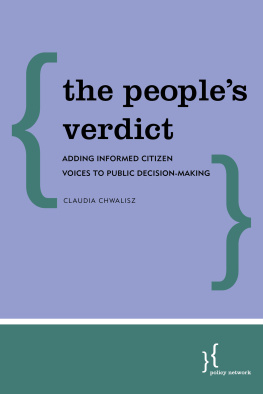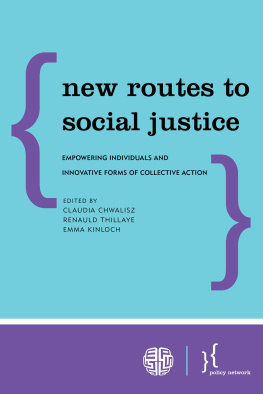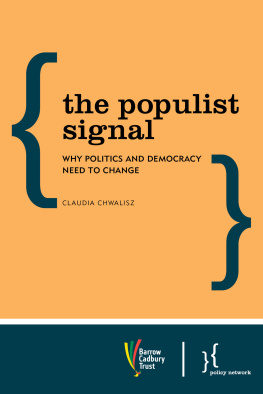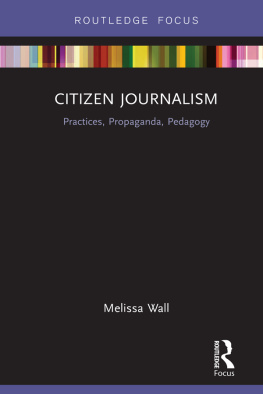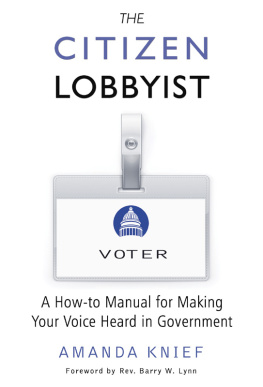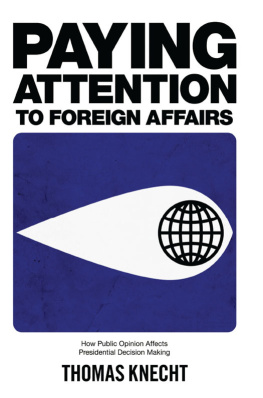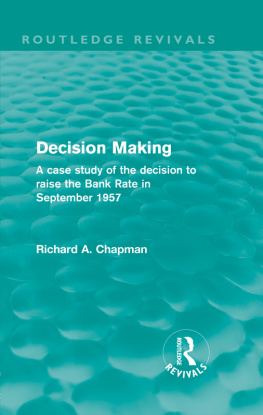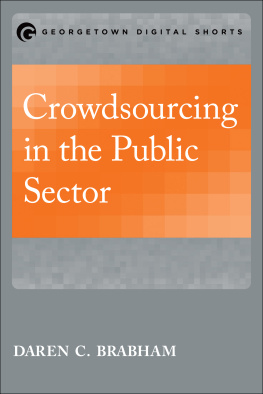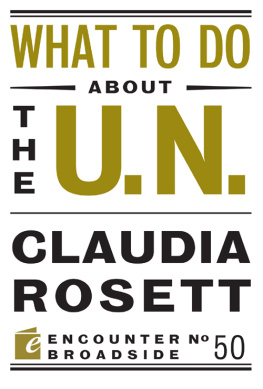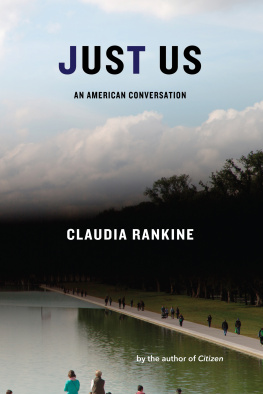THE PEOPLES VERDICT
About Policy Network
Policy Network is an international thinktank and research institute. Its network spans national borders across Europe and the wider world with the aim of promoting the best progressive thinking on the major social and economic challenges of the 21st century.
Our work is driven by a network of politicians, policymakers, business leaders, public service professionals, and academic researchers who work on long-term issues relating to public policy, political economy, social attitudes, governance and international affairs. This is complemented by the expertise and research excellence of Policy Networks international team.
A platform for research and ideas
Promoting expert ideas and political analysis on the key economic, social and political challenges of our age.
Disseminating research excellence and relevant knowledge to a wider public audience through interactive policy networks, including interdisciplinary and scholarly collaboration.
Engaging and informing the public debate about the future of European and global progressive politics.
A network of leaders, policymakers and thinkers
Building international policy communities comprising individuals and affiliate institutions.
Providing meeting platforms where the politically active, and potential leaders of the future, can engage with each other across national borders and with the best thinkers who are sympathetic to their broad aims.
Engaging in external collaboration with partners including higher education institutions, the private sector, thinktanks, charities, community organisations, and trade unions.
Delivering an innovative events programme combining in-house seminars with large-scale public conferences designed to influence and contribute to key public debates.
www.policy-network.net
THE PEOPLES VERDICT
Adding Informed Citizen Voices to Public Decision-Making
Claudia Chwalisz
Published by Rowman & Littlefield International Ltd
Unit A, Whitacre, 26-34 Stannary Street, London, SE11 4AB
www.rowmaninternational.com
Rowman & Littlefield International Ltd. is an affiliate of Rowman & Littlefield
4501 Forbes Boulevard, Suite 200, Lanham, Maryland 20706, USA
With additional offices in Boulder, New York, Toronto (Canada), and Plymouth (UK)
www.rowman.com
Copyright 2017 Policy Network
All rights reserved . No part of this book may be reproduced in any form or by any electronic or mechanical means, including information storage and retrieval systems, without written permission from the publisher, except by a reviewer who may quote passages in a review.
British Library Cataloguing in Publication Data
A catalogue record for this book is available from the British Library
ISBN:PB 978-1-78660-436-1
ISBN:eBook 978-1-78660-437-8
Library of Congress Cataloging-in-Publication Data
Library of Congress Control Number: 2017941124

The paper used in this publication meets the minimum requirements of American National Standard for Information SciencesPermanence of Paper for Printed Library Materials, ANSI/NISO Z39.48-1992.
Printed in the United States of America
CONTENTS
This publication is the output of an extensive research study generously supported by Professor Tony Crook, who funds the Crook Public Service Fellowship, a programme for the Faculty of Social Sciences at the University of Sheffield, which was based at the Sir Bernard Crick Centre in its first year. Thanks also go to the ESRC and Policy Network, particularly Patrick Diamond, for supporting this work. Robert Philpot and Ben Dilks have been astute and patient editors. I would also like to thank Dhara Snowden and the team at our publishers, Rowman & Littlefield International.
An important note of thanks also goes to the individuals whom I interviewed, for their time, advice and stimulating reflections. Peter MacLeod, the principal of MASS LBP, as well as Luca Belgiorno-Nettis and Iain Walker, the founder and director of the newDemocracy Foundation, deserve a particular mention for their generosity in time and in putting me in contact with the individuals from various public authorities who were interviewed for the case studies. Peters team at MASS LBP, where I was kindly invited to spend some time on my research trip to Canada, were also immensely helpful. Thanks to Chris Ellis, Alex Way and Danielle Johnston especially.
Not everybody that I interviewed for this research wished to be referenced. However, thank you to Fiona Cavanagh, Daniel Fusca, Judy Pfeifer, Giles Gherson, Phil Simeon, Tony Dean, Sam Erry, Brian Fior, Tannis Fenton, Andreas Laupacis, Jonathan Rose, Michael Pal, Matt Ryan, Dan Popping, Gail Fairlamb, and Jo Davie for valuable exchanges about your involvement in various long-form deliberative processes.
A notable mention also goes to those who helped shape my theoretical thinking behind this work and for providing reflections on the UK aspects of this work. Oliver Escobar, Matthew Taylor, Geoff Mulgan, Eddie Molloy, Graham Smith, Paul Kirby, Matt Wood, and David Farrell all offered valued feedback.
Matthew Flinders
The recent decision by lexicographers at Oxford Dictionaries that post-truth is their international word of the year is a sad reflection on the state of democratic politics. The word is defined as relating to or denoting circumstances in which objective facts are less influential in shaping opinion than appeals to emotion and personal belief. Apparently the use of the phrase has surged by 2,000% in the last 12 months and gained further momentum during the Brexit referendum in the United Kingdom and the presidential election in the United States. At a time of growing public distrust with facts and information offered by experts (including academics) it may well be that post-truth becomes one of the defining phrases of the next decade. If it does, it will join an established narrative concerning post-democracy and the sense that democratic politics has to a large extent mutated into a closed, elitist world in which elected politicians have few powers in an increasingly interdependent and economically aggressive world. A public attachment to what it feels is post-truth politics is therefore little more than a symptom of the deeper political malady known as post-democracy.
The question then becomes one of how to close the gap that seems to have emerged between the governors and the governed and in this regard The Peoples Verdict offers a fresh set of ideas and new options for revitalising democratic politics. By focusing on long-form deliberative processes, it tackles the issue of scale in a very direct manner. Visions of returning to some modern version of Athenian democracy at the local level in which the majority of citizens take part in debates and decisions tend to be nave in theory and fail to acknowledge just how severe the current situation is in terms of disengagement. At the other end of the democratic scale, the use of referendums is equally problematic. As the European Union referendum in the UK revealed, they tend to polarise opinion into crude and false choices between left or right, leave or stay, black or white. They offer little room for the simple fact that democratic politics revolves around shades of grey and the production of compromises that inevitably represent something of a fudge. And yet this is not the failure of politics. Its ability to produce compromise even though its processes might be slow and cumbersome, the grate and grind, they will never satisfy everyone all of the time is the beauty of politics, not its failure.

 The paper used in this publication meets the minimum requirements of American National Standard for Information SciencesPermanence of Paper for Printed Library Materials, ANSI/NISO Z39.48-1992.
The paper used in this publication meets the minimum requirements of American National Standard for Information SciencesPermanence of Paper for Printed Library Materials, ANSI/NISO Z39.48-1992.
